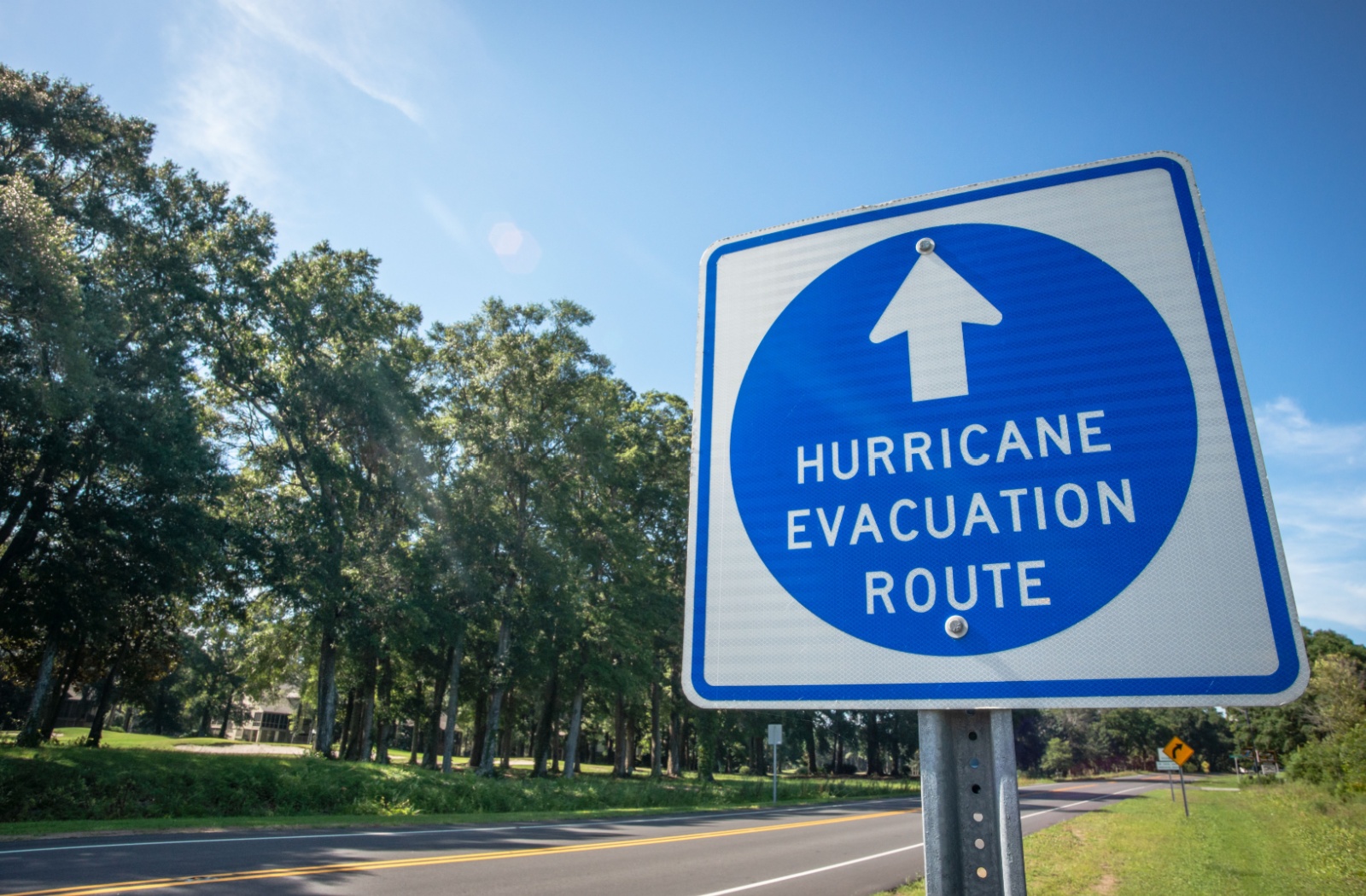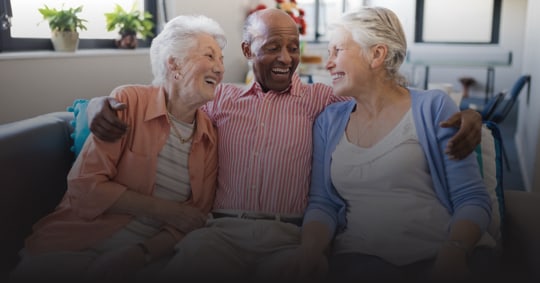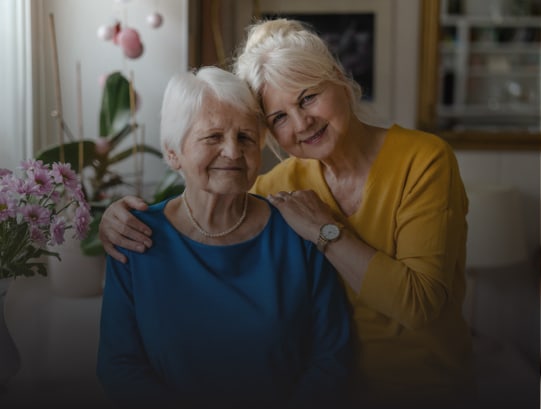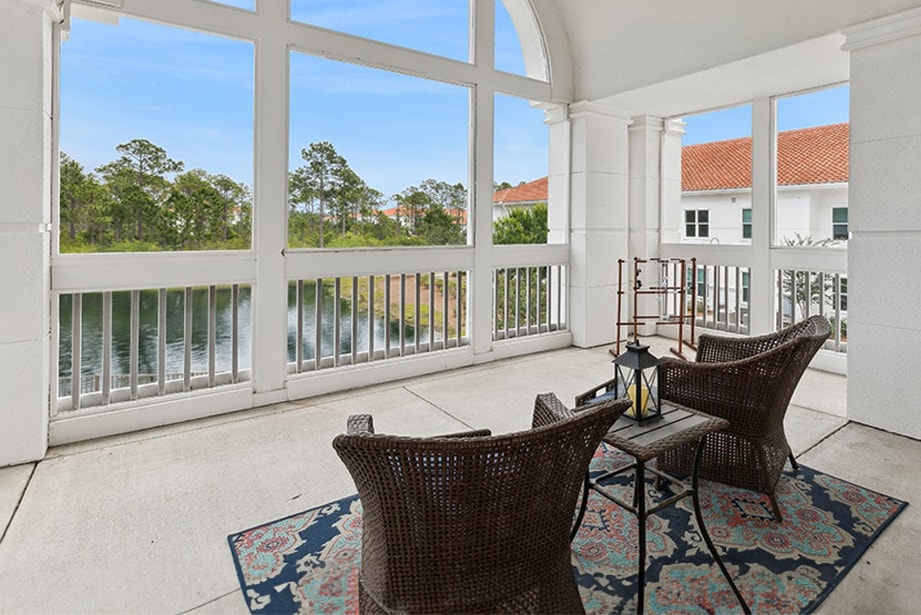It’s always important to be proactive when an older loved one is involved—whether you need to prepare for assisted living or for inclement weather. For many people in areas like Santa Rosa Beach, hurricanes can be a big problem, but by staying ahead of potential problems, you can help keep your loved one safe—at home and at a senior living community.
Hurricane preparedness for older adults is all about understanding the risks, creating a plan, and being proactive. Learning more and creating a plan can make a big difference if and when a hurricane happens. By taking actions now, you can be better prepared for keeping your loved one safe in the future.
Understand Hurricane Risks
Every hurricane season brings the potential for dangerous winds, heavy rain, and flooding. However, every hurricane is a little different. They’re divided into categories from 1 to 5, with a Category 5 hurricane being the worst.
Knowing your risk and your loved one’s risk is the first step in preparation. People who live in a low-level area or near the water are at a higher risk of flooding. Knowing the local evacuation zones and routes makes a big difference here.
Florida’s evacuation zones can be found here. Encourage your loved one to keep this information handy—this means they can be ready to evacuate if the storm worsens.
Build a Complete Emergency Kit
When a hurricane is on its way, scrambling for supplies can lead to chaos. Pre-assembling an emergency kit can ensure everything you need is within reach.
Be sure to include the following in any kit:
- Medications, medical devices, and prescriptions.
- Non-perishable foods, 3–5 days’ worth of water, and utensils.
- Important documents like IDs, insurance information, and medical history. Make sure to put these in waterproof storage.
- Flashlights, extra batteries, and a radio for reliable information during power outages.
- Items unique to your needs, such as eyeglasses or mobility devices.
By preparing now, you can focus on helping your loved one stay calm and secure when a storm strikes. This can do wonders for peace of mind.
Stay Connected & Build a Communication Plan
No one wants to feel out of touch during an emergency. For older adults, a solid communication plan is essential to maintaining peace of mind.
Start by ensuring you and your loved ones have a printed list of emergency contacts. This should include family members, neighbors, and local shelters or emergency services. Then, make sure you have a fully-charged cell phone available to keep communication lines open. An external battery pack can help lower the risk of the phone dying during the storm.
Monitor Weather Developments
Staying informed during a hurricane requires credible, up-to-date information. Always rely on verified sources. Agencies like the National Oceanic & Atmospheric Administration (NOAA) provide up-to-date information about ongoing storms.
Equip yourself and your loved ones with tools like battery-powered or hand-crank radios that can meet your needs if digital communication fails. Many services offer emergency text updates, which can warn of evacuations, changing conditions, or other critical notices.
Preparing Your Home for Incoming Storms
Protecting your home is one of the most important steps in preparing for hurricanes. It helps prevent unnecessary risks and damage.
Walk through your property and tackle any vulnerabilities, such as:
- Securing loose outdoor furniture and decorations that could become projectiles.
- Trimming trees and shrubs to reduce the risk of broken branches causing damage.
- Installing storm shutters or boarding up windows to protect against strong winds.
- Checking the roof for weak spots or loose shingles and repairing them promptly.
- Ensuring gutters and drains are clear to prevent water buildup.
- Reinforcing garage doors to withstand high wind pressure.
It’s best to make preparations as early as possible rather than last-minute. Small steps like these can make homes safer and prevent accidents when storms roll in. They’re an incredible way to gain peace of mind, even in extreme weather.

Plan for Early Evacuation if Required
Waiting until the last minute to evacuate can be risky. Instead, encourage your loved one to act early if evacuation becomes necessary. Pack essential items in a lightweight bag, including medications, documents, and personal belongings.
Then, coordinate transportation if they cannot drive—this way, you’ll be able to rest easy knowing they have a ride to nearby shelters. Emergency evacuations can be chaotic, but quickly taking steps to leave can increase the odds of a safe outcome.
The Value of Senior Living Communities During Emergencies
Hurricane planning isn’t limited to just homes. Some senior living communities can offer structured support during emergencies that can make a significant difference in safety.
The teams in communities like ours prepare extensively by:
- Developing detailed emergency response plans tailored to various scenarios.
- Coordinating with local emergency services to ensure swift action when needed.
- Stocking essential supplies, including food, water, and medical resources.
- Conducting regular training and drills for caregivers to maintain readiness.
- Communicating with residents and families to provide updates and reassurance.
The benefits extend beyond storm season, too. Senior living communities provide year-round stability, so seniors can enjoy their lives with consistent care and support, no matter what the weather holds.
Planning Ahead for a Safer Future
Taking the time to get ready for hurricane season makes a big difference. It means you’re prioritizing your loved one’s safety at all times, and making sure they’re in excellent shape—even during hurricane season.
Here at Somerby Santa Rosa Beach, we’re always working hard to keep residents safe and happy. In our community, your loved one will always be surrounded by a team of loving caregivers.
Schedule a tour with us today to see our community in person!









